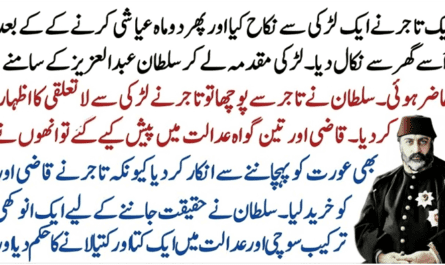Introduction
Fertility is a topic often associated with women, but it’s essential to recognize the role of men in the conception process. This article delves into the intricate relationship between a man’s diet and his fertility. Learn how dietary choices can significantly influence male reproductive health and increase the chances of conception.
Understanding the Link: Diet and Male Fertility
1. Nutrient-Rich Diet for Optimal Sperm Health
Explore the crucial nutrients that play a role in sperm production and function. From antioxidants to essential vitamins and minerals, discover how a nutrient-rich diet supports overall sperm health.
2. Omega-3 Fatty Acids and Sperm Quality
Uncover the benefits of omega-3 fatty acids in promoting healthy sperm. Learn about sources of these essential fats and how incorporating them into the diet can positively impact sperm quality.
3. The Role of Zinc in Male Fertility
Zinc is a key player in male reproductive health. Delve into the functions of zinc, its sources, and how maintaining adequate levels contributes to optimal fertility.
4. Antioxidants and Their Impact on Fertility
Antioxidants are known for their ability to combat oxidative stress. Understand how these powerful compounds protect sperm from damage, ultimately enhancing fertility.



5. Maintaining a Healthy Weight
Weight can influence fertility in men. Explore the connection between obesity and fertility issues, as well as the importance of maintaining a healthy weight for optimal reproductive function.
6. Hydration and Sperm Production
Proper hydration is often overlooked in discussions about fertility. Discover the link between adequate water intake and sperm production, highlighting the importance of staying hydrated.
7. Limiting Alcohol and Caffeine Intake
Excessive alcohol and caffeine consumption can impact male fertility. Learn about moderation and how limiting these substances contributes to a healthier reproductive system.
8. Avoiding Excessive Heat
Excessive heat, especially around the genital area, can negatively affect sperm production. Understand the importance of maintaining a balanced temperature for optimal fertility.
Frequently Asked Questions
Q: Can a specific diet cure infertility in men?
While a healthy diet can positively impact fertility, it may not be a cure for infertility. Consulting with a healthcare professional is crucial for individuals facing fertility challenges.
Q: How long does it take for dietary changes to affect male fertility?
The impact of dietary changes on fertility may vary. Generally, it’s advisable to maintain a healthy diet consistently for several months to observe potential improvements in sperm health.
Q: Are supplements necessary for enhancing male fertility?
In some cases, supplements may be recommended to address nutrient deficiencies. However, it’s essential to consult with a healthcare provider before starting any supplementation.
Q: Can stress affect male fertility?
Stress can contribute to fertility issues in both men and women. Managing stress through relaxation techniques and a healthy lifestyle may positively impact reproductive health.
Q: Is there a specific diet for boosting testosterone levels?
Certain foods may support testosterone production, such as those rich in zinc and omega-3 fatty acids. However, individual responses to dietary changes can vary.
Q: Can environmental factors affect male fertility?
Yes, environmental factors, including exposure to toxins and pollutants, can impact male fertility. Taking precautions to minimize exposure is advisable for overall reproductive health.
Conclusion
Understanding the profound connection between a man’s diet and fertility is a crucial step toward promoting reproductive health. By making informed dietary choices and adopting a healthy lifestyle, men can contribute to optimizing their fertility and increasing the likelihood of successful conception.



